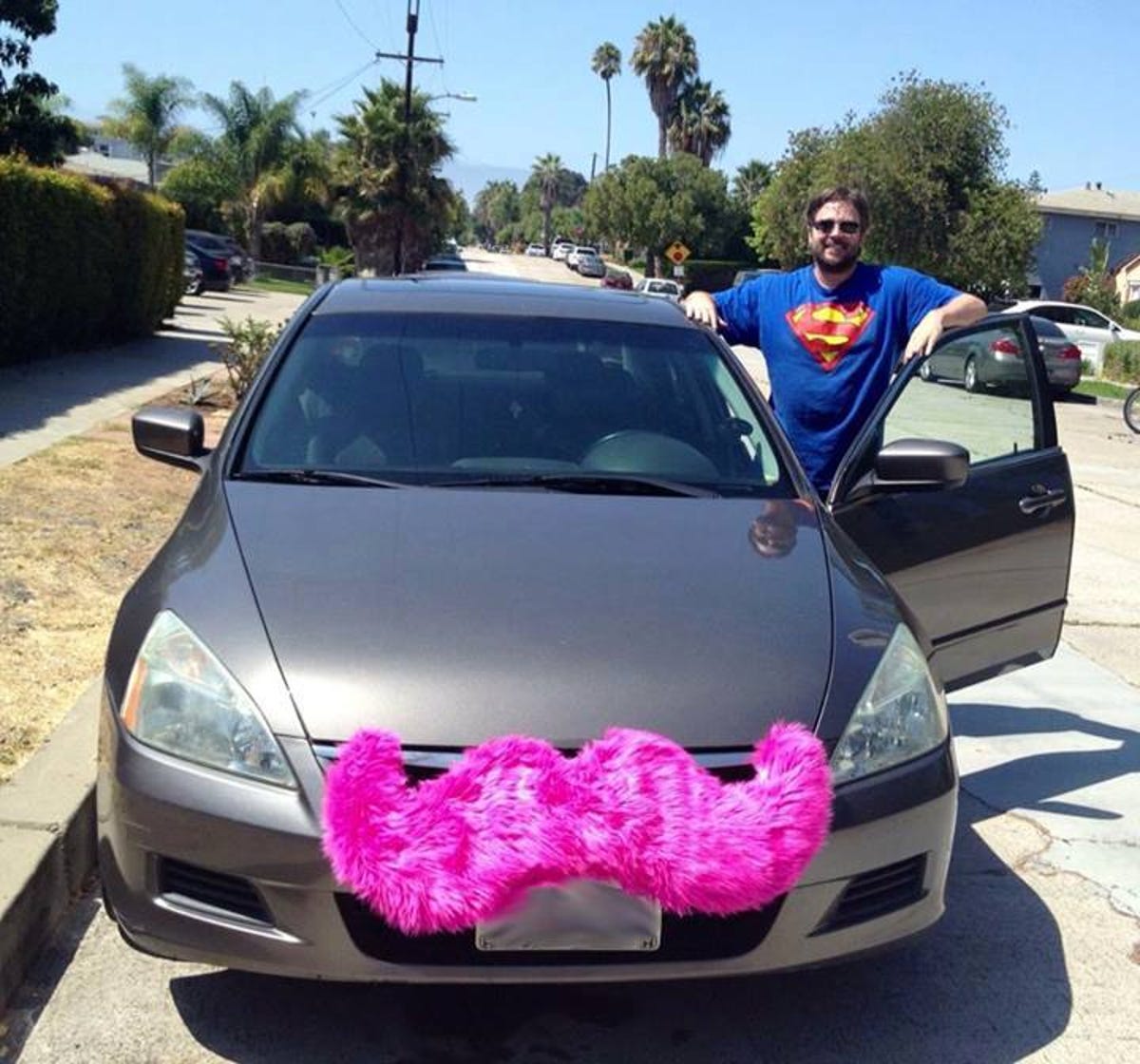
Lyft
Pittsburgh is the latest city to take issue with the idea of ride-sharing apps. The Pennsylvania Public Utility Commission has hit both Uber and Lyft with emergency cease-and desist-orders to keep them from doing business Pittsburgh.
Judges Mary D. Long and Jeffrey A. Watson issued the orders on Tuesday saying that the companies must halt all operations until they get approval from the PUC, according to the Pittsburgh Business Times. While the judges recognized the public’s desire for services like Uber and Lyft, they said safety is more important. And, in order for safety needs to be met, the companies must get Certificates of Public Convenience from the PUC before being able to drive again.
Uber and Lyft require drivers to have background checks, $1 million in insurance, and inspections — but, they don’t demand Certificates of Public Convenience, which are state-specific and usually give vehicles permission for passenger service. According to the Pittsburgh Business Times, both Uber and Lyft have filed for the certificates, but they’re still pending.
The two ride-sharing apps have called the cease-and-desist orders puzzling and say that they’ll continue to work with the authorities to come to an agreement.
“Today’s decision will make it harder for the people of Pittsburgh to access safe, affordable, and modern transportation options,” Lyft spokeswoman Paige Thelen told CNET. “We remain committed to finding a path forward for ridesharing in Pennsylvania and are working with elected officials to ensure that consumers continue to have access to peer-to-peer transportation.”
Similarly, an Uber spokesperson told CNET, “We look forward to continuing to work with the PUC to find a permanent home for ridesharing in Pennsylvania.” The company also wrote a blog post on the matter on Tuesday.
“Our commitment to safety far exceeds the requirements set by the PA PUC — making their actions puzzling,” the blog post reads. “We find it particularly hard to understand how preventing ridesharing in the state could be deemed an emergency, given the critical need to provide Pittsburghers with a safe alternative to impaired driving this holiday weekend.”
Pittsburgh’s mayor has also spoken out in support of Uber and Lyft. Mayor William Peduto wrote a letter to the PUC last month expressing his disappointment with the commission’s attempts to shut down the companies’ local operations. He also took to Twitter on Tuesday lambasting the commission’s latest moves.
“We will not let PUC shut down innovation without a battle,” the mayor tweeted. “Ride sharing is worldwide — technology does not stand still. PA PUC must change.”
Related stories
- Uber, Lyft hit with cease and desist orders in Virginia
- Miami police impounding Lyft drivers’ cars
- Uber, Lyft, Sidecar get cease-and-desist letters from LA
- Uber bumps into more roadblocks in Europe
- Uber taxi row goes to court in UK
The idea of using mobile apps to connect passengers with part-time drivers of private cars has surged in popularity over the past couple of years. Both Uber and Lyft have grown exponentially and expanded to cities around the US and the world. Lyft, which launched in 2012, operates in 60 US cities, while Uber’s four-year-old service has a presence in 35 countries and more than 100 cities.
Pennsylvania is not the first state to complain about the ride-sharing apps, however. Just last month, Virginia’s DMV hit Uber and Lyft with cease-and-desist orders and resistance to the companies has also heated up in New York, San Francisco, Chicago, Washington, D.C., Denver, Miami, and Los Angeles.
Uber has also had a tough time in Europe. In Spain, where it recently launched, Uber is facing prohibition by legislation that outlaws any type of for-profit private transportation; protests by taxi drivers in Paris have turned violent; and, in London, black cab drivers have taken the company to court.
In Pittsburgh, Uber and Lyft have seven days to respond to the PUC on the cease and desist orders. The commission is expected to make a final decision on the use of ride-for-hire apps in 30 days.



